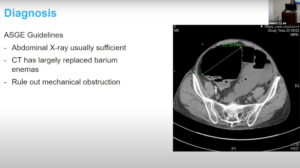For the past few decades, alpha-1 antitrypsin deficiency (AATD) treatment has been mostly limited to enzyme therapy. While this type of therapy is able to treat symptoms of emphysema and COPD and may even be disease modifying, there is hope that advancements in replacement therapy will improve treatments for pulmonary diseases related to AATD in next decade.
When it came to diseases related to the buildup of mutant α1-antitrypsin in the liver, the only solution that proved efficacious in both children and adults was transplant surgery. New discoveries regarding RNA interference therapy hold promise in halting the creation of the mutant protein in the liver, potentially preventing any additional damage to the organ. When this treatment is successful in curing Hepatitis-B, some patients actually show a reversal of their liver cirrhosis.
In addition to enzyme therapy and RNAi therapy, the Alpha-1 Foundation strongly supports the application of gene therapy in the treatment of AATD. By inserting a normal α1-antitrypsin gene into patients there is great potential to eliminate dependency on replacement therapies for pulmonary diseases related to AATD.
Bruce Given, MD – CEO of Arrowhead Research Corporation




